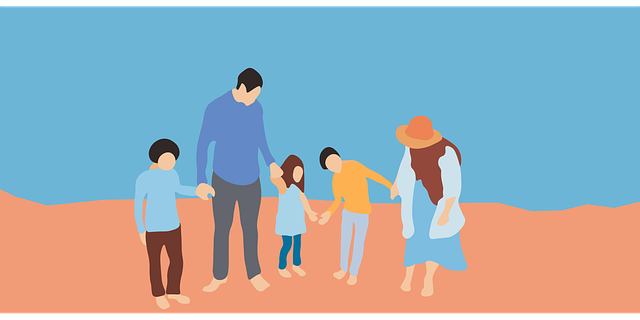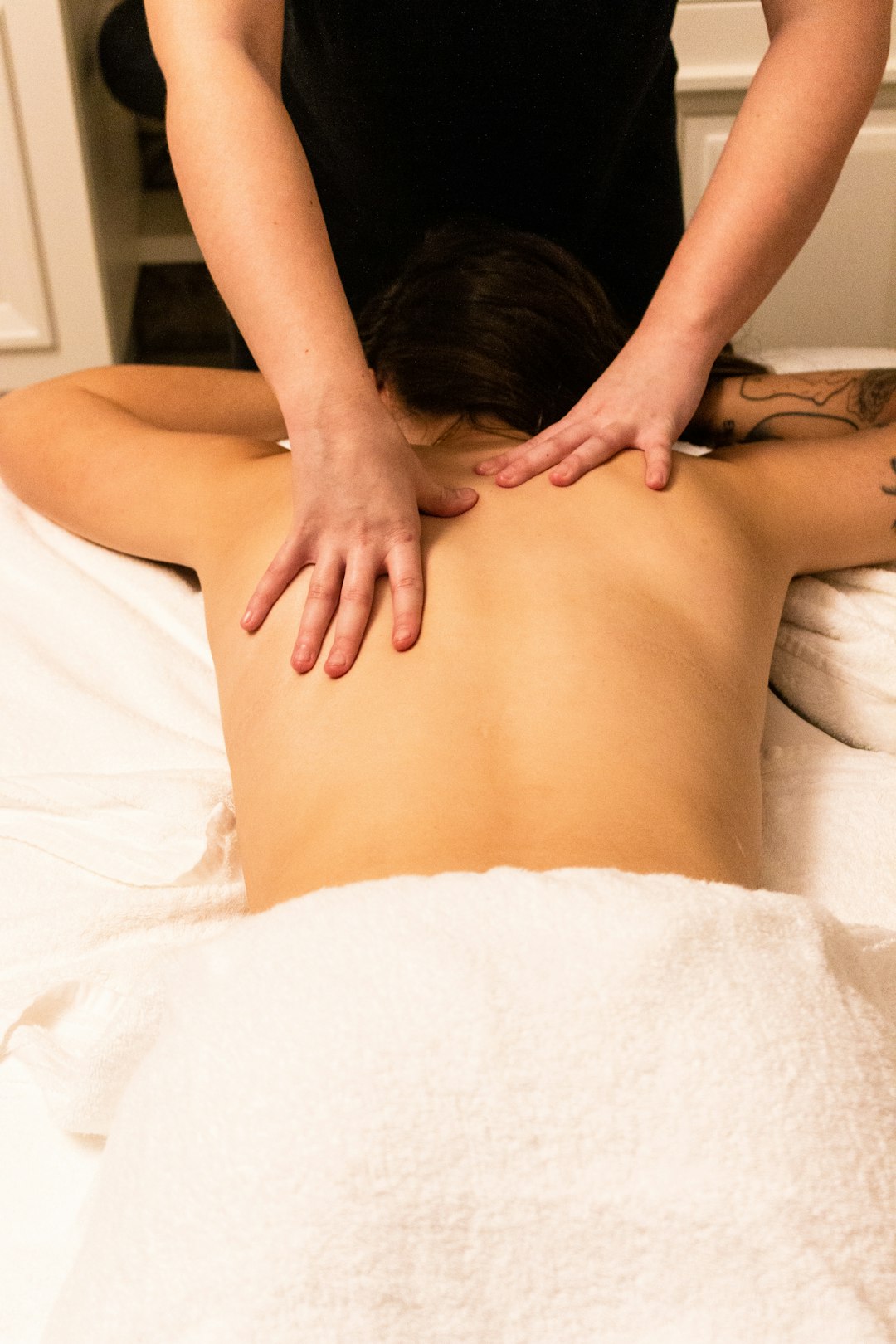Trauma and abuse can disrupt the mind-body connection, leading to physical and emotional symptoms. In Pittsburgh, PA, holistic therapies like massage, yoga, meditation, and art therapy are gaining popularity for their focus on restoration and balance. Massage therapy, tailored to individual histories, reduces stress, improves circulation, and encourages relaxation, empowering survivors to regain control over their bodies and emotions. Pittsburgh's holistic approach integrates mind-body practices, including support from prominent massage abuse law firms, for comprehensive healing, addressing root causes and promoting safety and trust in trauma recovery.
In the journey towards recovery from trauma and abuse, Pittsburgh has emerged as a beacon of hope with its holistic approach to healing. This city’s innovative strategy focuses on integrating mind-body therapies, particularly massage therapy, to address the profound impact of such experiences on the mind and body connection. By combining physical touch with emotional support, Pittsburgh’s holistic practices aim to empower survivors and provide them with comprehensive resources, including legal aid from abuse law firms in Pittsburgh, PA.
Understanding the Impact of Trauma and Abuse on the Mind-Body Connection

Trauma and abuse can significantly alter the mind-body connection, leading to complex physical and psychological symptoms. When a person experiences trauma, their body goes into a state of fight or flight, triggering various physiological responses like increased heart rate, heightened sensitivity, and chronic stress. Over time, these responses can become ingrained, affecting the individual’s ability to regulate emotions and experience a sense of safety. This is especially relevant in cases of massage therapy for abuse survivors, as touch can be a trigger or a source of comfort depending on their unique history.
In Pittsburgh, PA, where many individuals have faced various forms of trauma and abuse, holistic approaches like mind-body therapies are gaining recognition. These practices aim to restore balance by addressing the interconnectedness of the mind and body. Massage therapy, for instance, can help reduce stress, improve circulation, and promote relaxation, all of which support the healing process. By incorporating these therapies into recovery programs, survivors can develop coping mechanisms that respect their boundaries and help them regain a sense of control over their bodies and emotions. This holistic approach is a game-changer in the field of abuse recovery, offering a compassionate and comprehensive path to healing.
The Role of Massage Therapy in Physical and Emotional Healing

Massage therapy plays a pivotal role in the holistic approach to recovery from abuse, addressing both physical and emotional trauma. For survivors navigating the complex journey of healing, this gentle yet profound practice offers a safe space to unwind and reconnect with their bodies. In many cases, individuals who have experienced abuse often carry physical tension and muscle tightness as residual effects, leading to chronic pain and reduced mobility. Massage therapy helps alleviate these symptoms by promoting relaxation, improving circulation, and releasing trapped muscles.
Moreover, massage is an effective tool for emotional healing. The touch and attention given during a session can foster a sense of comfort, security, and validation, which are often missing in the lives of abuse survivors. By encouraging clients to focus on their breath and bodily sensations, massage therapists create an environment conducive to processing emotions, releasing built-up stress, and fostering resilience. This practice empowers individuals to take charge of their well-being, a crucial step in breaking free from abusive patterns and building a healthier future, supported by trusted massage abuse law firms in Pittsburgh, PA.
Pittsburgh's Holistic Approach: Integrating Mind-Body Practices for Comprehensive Recovery

Pittsburgh’s Holistic Approach to recovery emphasizes integrating mind-body practices for a comprehensive and well-rounded healing experience. This approach recognizes that physical, emotional, and mental health are interconnected, especially in trauma recovery. By incorporating therapies like massage, yoga, meditation, and art therapy, individuals engaged in abuse recovery can address the root causes of their struggles and develop healthy coping mechanisms.
This holistic perspective is particularly effective for clients seeking support from massage abuse law firms in Pittsburgh, PA. Massage therapy helps alleviate physical tension and promotes relaxation, while also fostering a sense of safety and trust—crucial elements in trauma healing. Yoga and meditation practices encourage mindfulness and self-awareness, enabling individuals to process their emotions and experiences in a safe and guided manner. Art therapy offers a creative outlet for expression, allowing clients to explore and externalize their feelings in unique ways.
Supporting Survivors: Legal Aspects and Resources in Pittsburgh, PA

In Pittsburgh, PA, survivors of abuse have access to a range of legal resources and support services tailored to their unique needs. Many local organizations specialize in assisting victims navigate complex legal systems while fostering holistic healing. For instance, massage therapy has emerged as a powerful tool within this recovery framework. Some prominent massage abuse law firms in Pittsburgh offer specialized services, addressing the physical and emotional trauma often associated with abusive situations. These firms not only provide legal counsel but also collaborate with certified therapists who employ evidence-based practices to support survivors’ long-term well-being.
The city’s commitment to holistic recovery extends beyond legal aid. Various non-profit organizations and community centers offer safe spaces for survivors, where they can access mental health services, participate in support groups, and engage in therapeutic activities like yoga and art therapy. Such comprehensive approaches ensure that survivors receive the multifaceted assistance necessary for healing and rebuilding their lives post-abuse.






